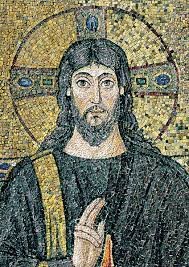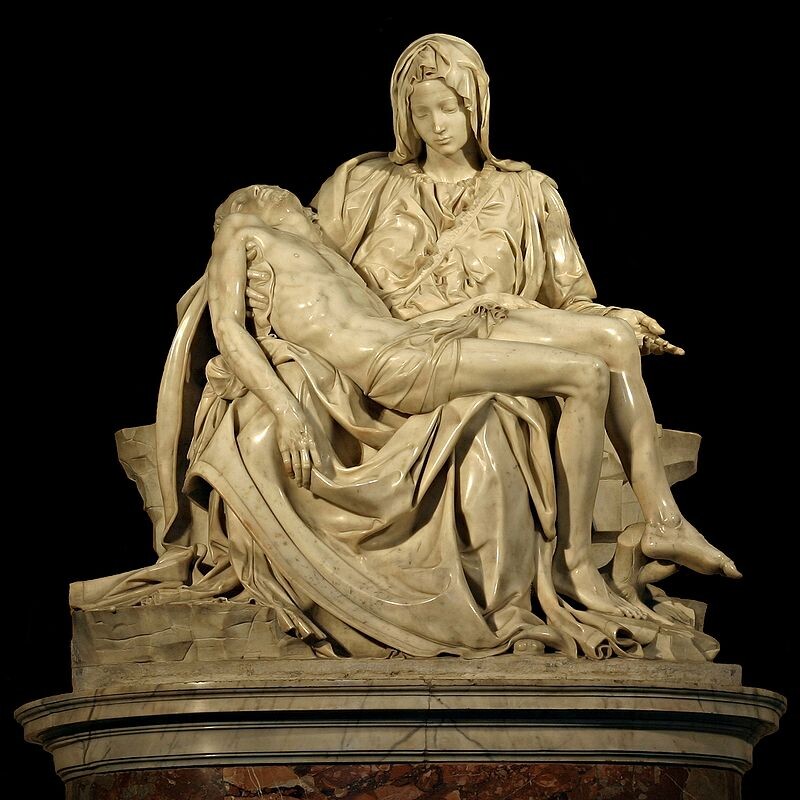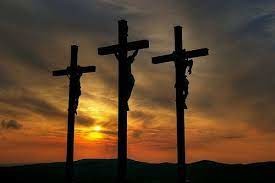Christ is Risen, He is Risen Indeed
The statement above is both a statement of faith and a historical narrative. About two thousand and twenty-four years ago, we understand that the man Jesus, the son of God, was killed. More profound is that on the third day of his death, He resurrected to a new incorruptible life and ascended into heaven, leaving our notion of this material universe.
How to Disprove Christianity
To disprove Christianity, all that an atheist or someone of a different faith needs to do is to prove that Jesus did not die and that even if he died, he did not resurrect. This history is the bedrock on which the Christian “faith” stands and can be either proven or disproven.
Making a Faith
As we consider this subject – the historicity of Easter, it is important to reflect on some of the various options that can be considered in birthing a faith like Christianity; or any religious movement. This list is not exhaustive, just two common ones.
- An Individual claim of divine revelation
If someone claimed to have had a special personal revelation of God, such a claim is essentially unfalsifiable. If I told you that God spoke to me last night and gave me a thousand words of prophecy, you can choose to either believe it or not. There is essentially no way you can prove me wrong. You can disagree with my interpretation of the prophecies or even the truthfulness of it, but you cannot prove or disprove if I had the experience.
- Assignment of Divine Attributes to physical actions
Another way to set up a religious movement is to tie deep spiritual meanings to an individual action. For example, someone could claim that by observing the stars regularly, we can have our souls purged from the wrath of the heavens. This too, is unfalsifiable, as one will need to have gone to heaven to know if it works. These are domains of the rites and rituals inherent in religion, the deification of human inventions.
Most spiritual beliefs fall under these two broad categorizations above. When held by many people, they do not just represent spiritual beliefs, but also immense politico-economic structures. What I mean by that is this: if ten persons believe a particular religious worldview, it is at best a cult, but if twenty million persons believe it, it becomes a state religion, with all the resources of statehood behind the faith; regardless of whether they are true or not.
Note that most religious worldviews have the cardinal principle of love for the other at their center (love your neighbor as yourself). This I must say, reflects the light of God in all men, hence our emphasis is on the extras.
The key point of the first part of this article is that some belief systems are unfalsifiable and by definition, unprovable – while we cannot prove they are wrong, we also cannot prove they are correct. They simply command blind acceptance, sometimes by force.
The Easter Story and the Christian faith are not like this at all; it is within the realms of observable history and requires not just your belief but an experiential knowledge of that belief to be fully deemed a member of the Body of Christ.
The Anatomy of the Claim
- Jesus Christ was a well-known religious teacher who lived at a time in Palestine Israel as Christians claim (2024 years ago).
- Jesus Christ was killed by an efficient state that truly did know how to kill (the Roman government) and did so in a manner that coincided with many prophecies before then.
- More than 150 people at least saw Him after His resurrection and spent time with Him. They concluded that His life, death, and resurrection was a fulfillment of the Scripture they’ve always known.
- These people were not expecting Him to rise, so it was hard to believe at first. Hence, this was not a wish fulfillment.
- These disciples presented this miraculous event as fact to their fellow practitioners of Judaism within weeks of this resurrection and many of them believed.
- For the next 300 years, these disciples and their followers all over the world were killed for their faith in this historical narrative. They then wrote historical books documenting the history of their convictions.
- Individual believers of this faith have a common supernatural experience called “being filled with the Holy Spirit” that further convinces them of the reality of the things they’ve known to be true.
Things to Note
- The faith presented is one that can be proven to be wrong. It was presented in such a manner that the hearers could check it out.
- Non-Christian authors (including the ancient Jewish historian – Flavius Josephus) agree that there was indeed a historical Jesus who was killed and was believed risen by His followers and there was no strong case to refute that claim within that time.
- The early believers’ (mostly Jewish) propensity to die for such a claim was uncommon. Since there is no medical evidence for “mass hallucination,” we can say that while it can be right to argue that one person was hallucinating, for 150 persons to be hallucinating at the same time about something they deemed impossible, is unheard of. For them to all die the crudest of deaths, yet hold on to this conviction is simply unheard of; there is no parallel story in history.
In Conclusion
If you are keen to research this further, you can start from the historical authenticity of the four gospels (Mathew, Mark, Luke, and John); you can also research the “being filled with the Holy Spirit phenomena” that influences the change in character that is the experience of a genuine Christian believer.
© Nelson Okwonna (mail@heartandartfoundation.org)









